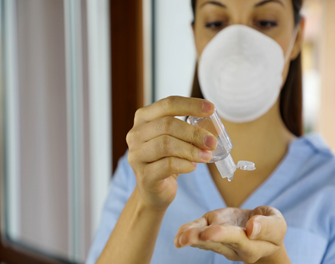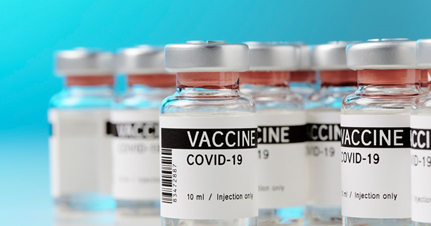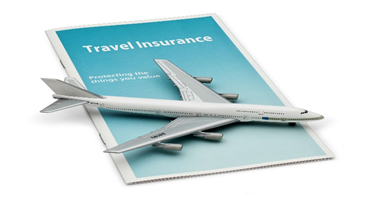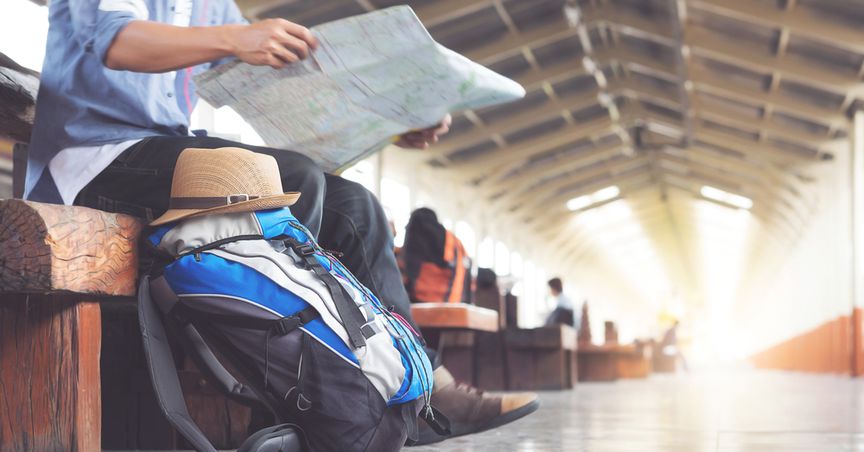COVID-19 pandemic confined everyone to their homes for the most of 2020. Going by the rulebook, social gatherings got confined to video calls, eating out no longer meant dine in and travel ban took away the joy of travel and exploration.
However, with research on precautionary measures and development of vaccines in a speedy manner, economies are beginning to open up, allowing people to travel again and go back to some of the old normal.
Must watch: Will 2021 see International Travel recommence?
As you gear up for your next trip, here are some points to ensure a safe travel-
- Fully vaccinated travelers do not need to get tested before or after travel unless there is a requirement specific to the intended destination. A fully vaccinated traveler can travel safely two weeks after their second vaccine dose in a 2-dose series or two weeks after a single-dose vaccine.

© Sergiomonti Megapixl.com
- Masks are a must for travelers on all forms of public transport used to enter into or exit the US and in the transportation hubs like stations and airports.
- Self-quarantine is not necessary for travelers who have been fully vaccinated.

Image source: M-Foto, Shutterstock
Also Read: Are the Vaccines Working? When will Covid-19 end?
- Travel safety measures from the Centers for Disease Control and Prevention (CDC) continue to emphasize on the wearing of masks, maintaining a 6-feet distance, avoiding crowded places, and using of soaps or sanitizers (60% alcohol based) for cleaning hands.
- Avoid touching your nose, eyes, and mouth.
- Post travel, self-isolate if any symptoms are seen. Seek medical help, as the situation may call for.
- If not fully vaccinated and travel is unavoidable, a viral test 1 to 3 days prior to travel is a must.
Also Read: Better than injection? All about nasal COVID-19 vaccines in the pipeline
- After travel, if not fully vaccinated, a viral test after 3 to 5 days is a must along with 10 days of self-quarantine.
- Times are uncertain and the need for travel insurance cannot be stressed enough.

© Cammeraydave Megapixl.com
- Avoid contact with high-risk individuals for at least 14 days.
- The CDC recommends that travel on cruise ships must be avoided including river cruises worldwide because the chance of spread is very high.
- When traveling for leisure on a flexible schedule, it would be good to refer to the risk categorization of places by the CDC.
- It is safe to find accommodation in houses or cabins with known people or fully vaccinated people.
- Avoid staying in the set ups that require sharing dorms, washrooms or common spaces with people who may not be fully vaccinated.
- Opting for takeouts, drive-throughs, deliveries, curb side pickups and wearing masks while interacting with restaurant staff.
- Open spaces should be preferred over closed restaurants.
- Camping in dormitory-style settings with many people and shared facilities must be avoided.
- Staying physically activeis one of the best ways to keep the mind and body healthy. Parks, trails, and open spaces may be visited as a way to relieve stress and stay active.
Also Read: Experts warn of more COVID-19 variants as India reels under the deadly second wave





